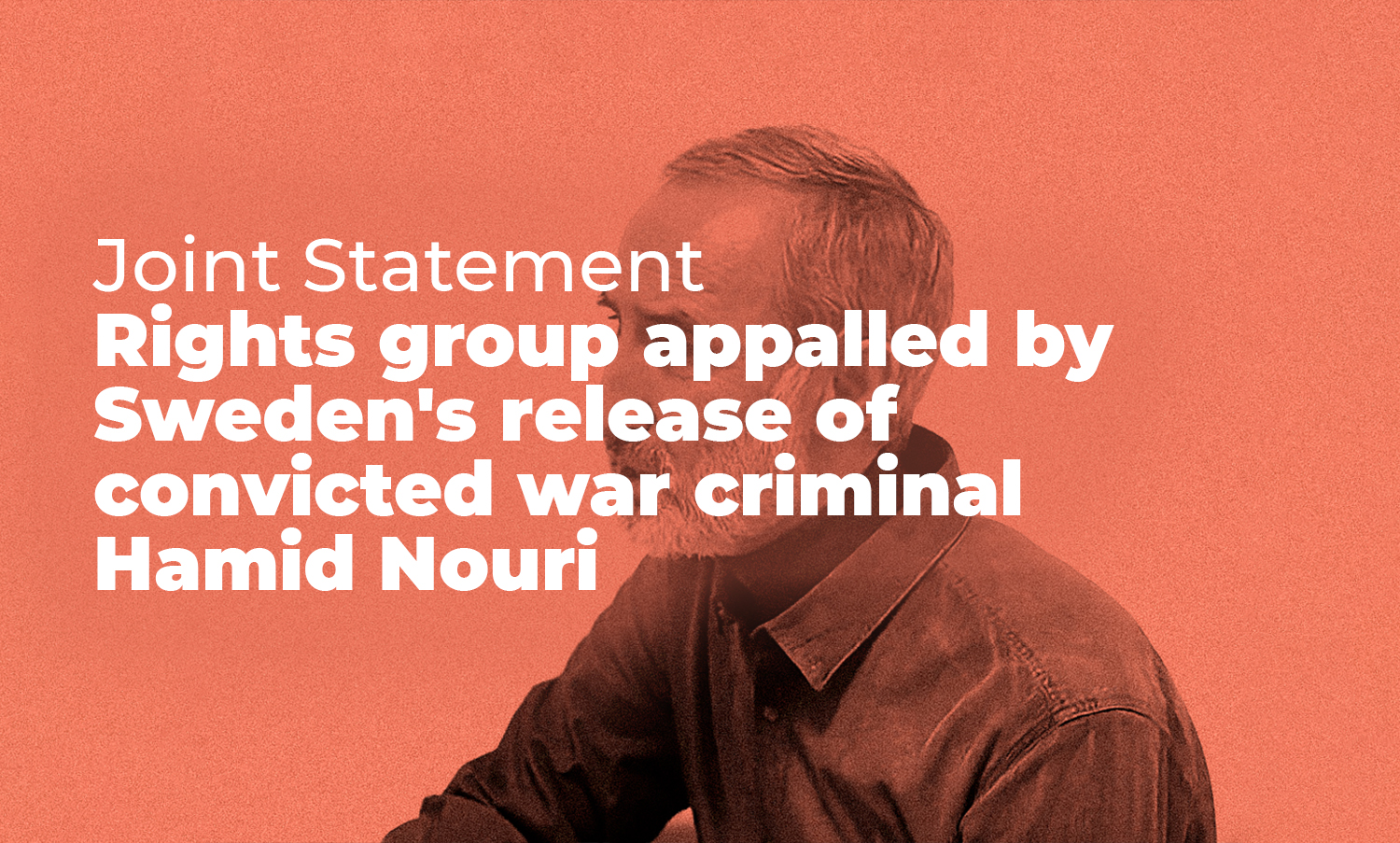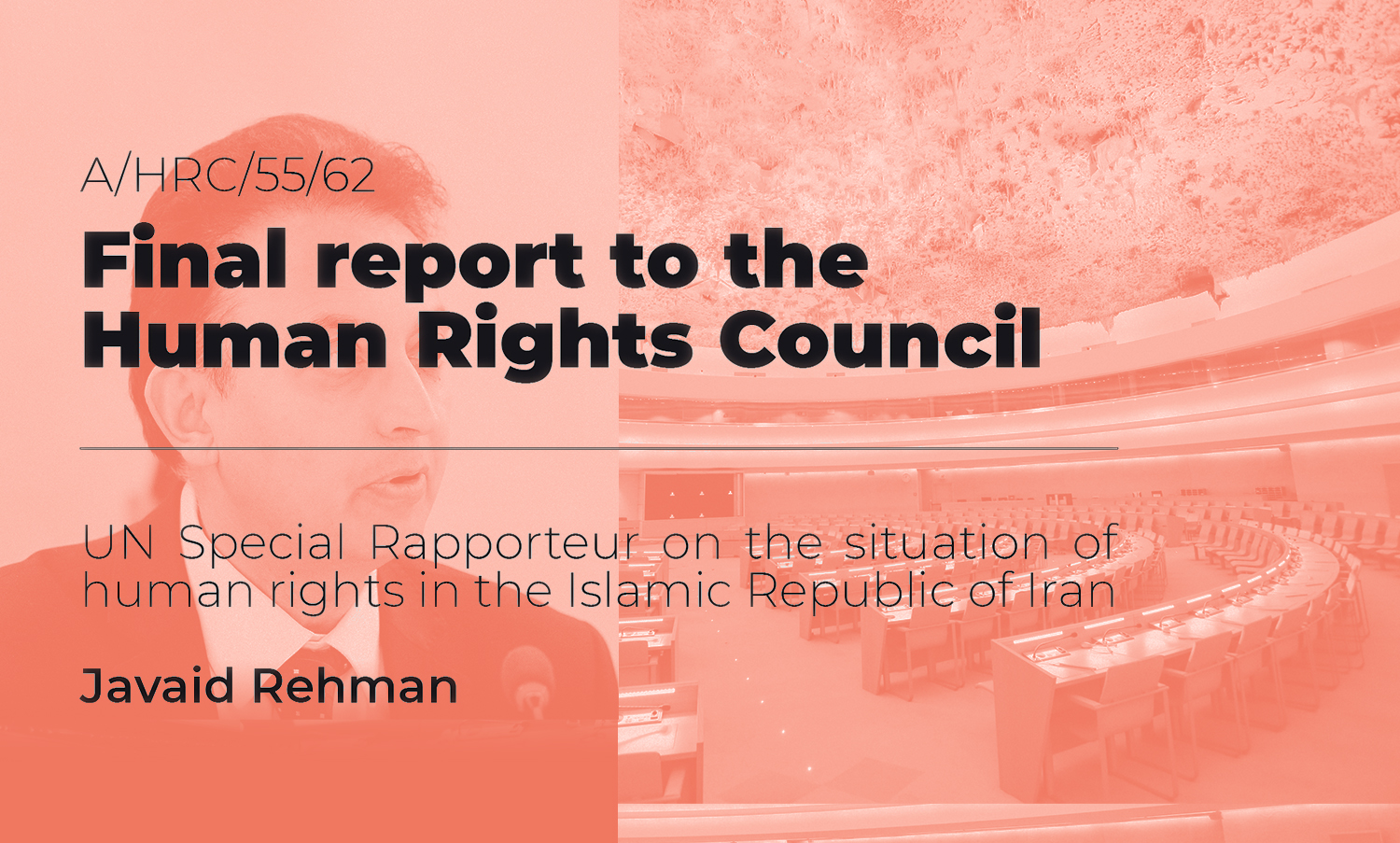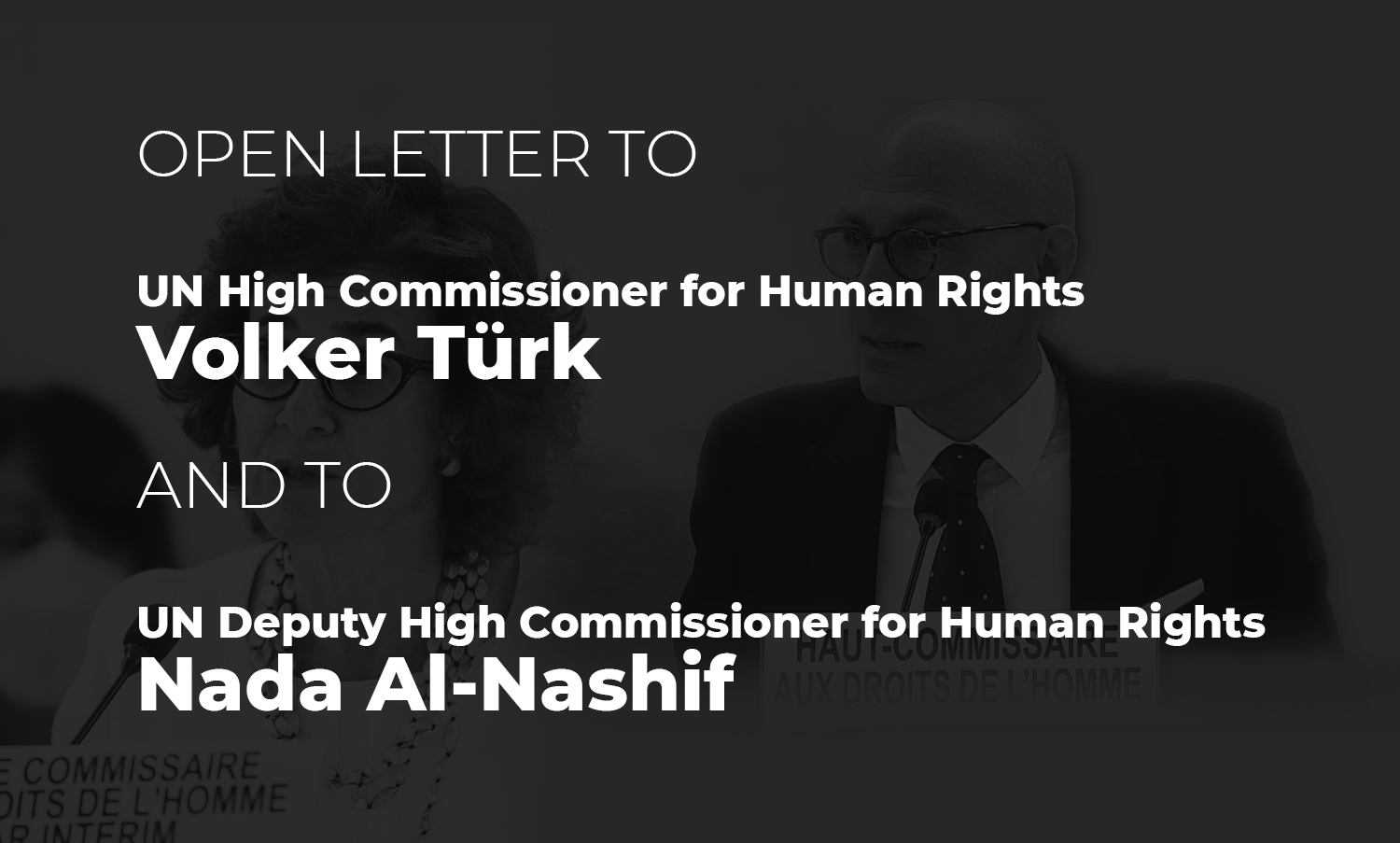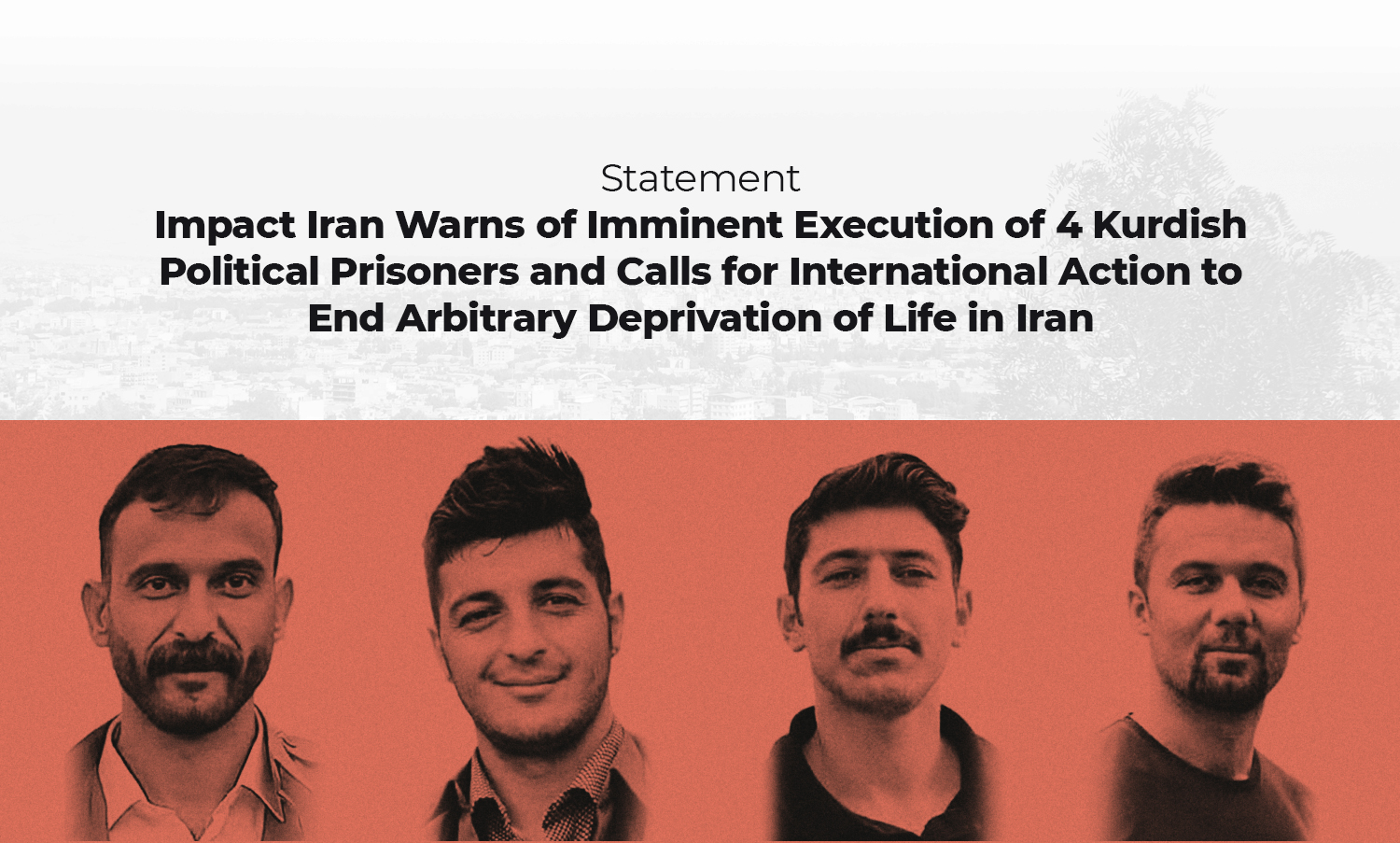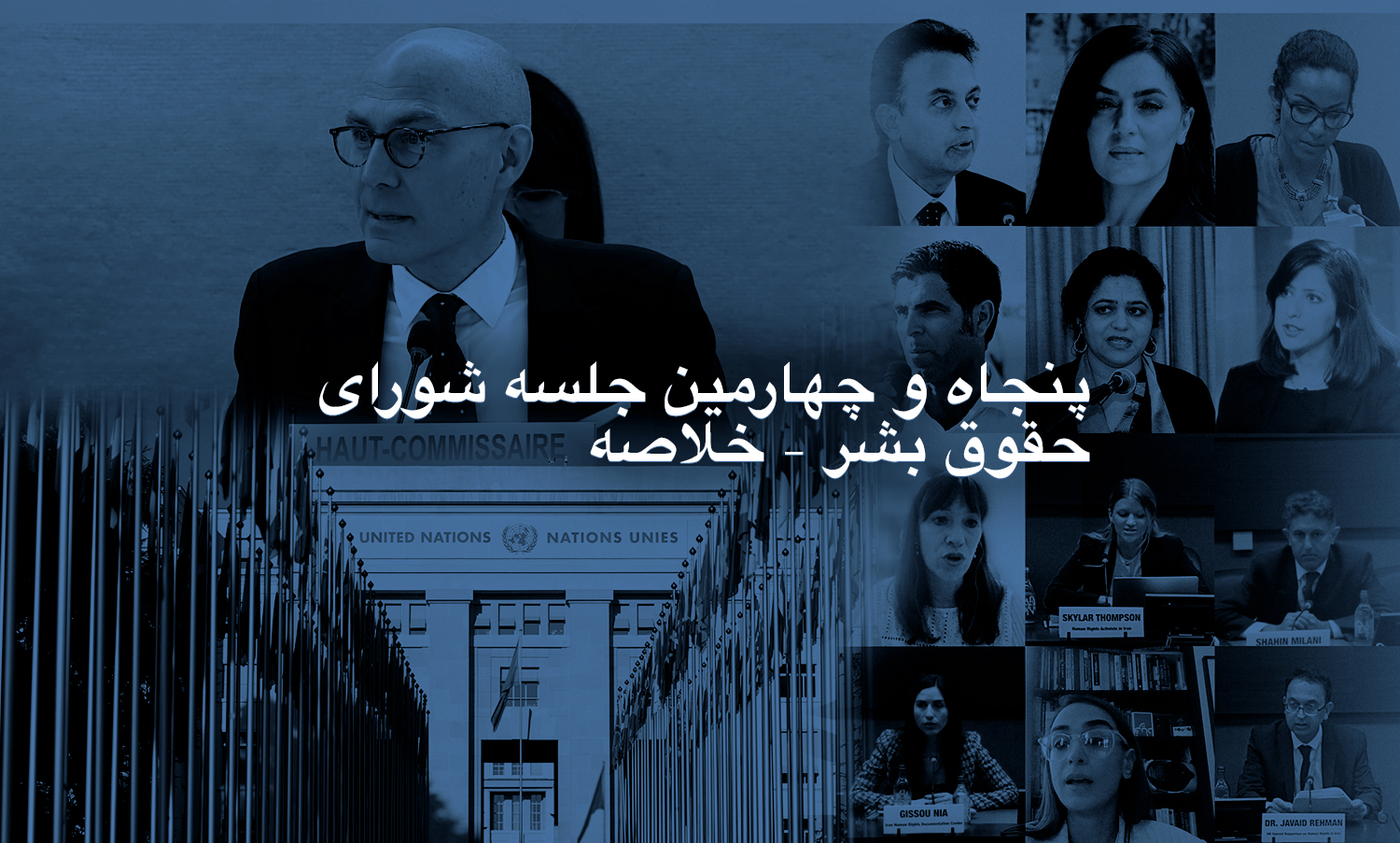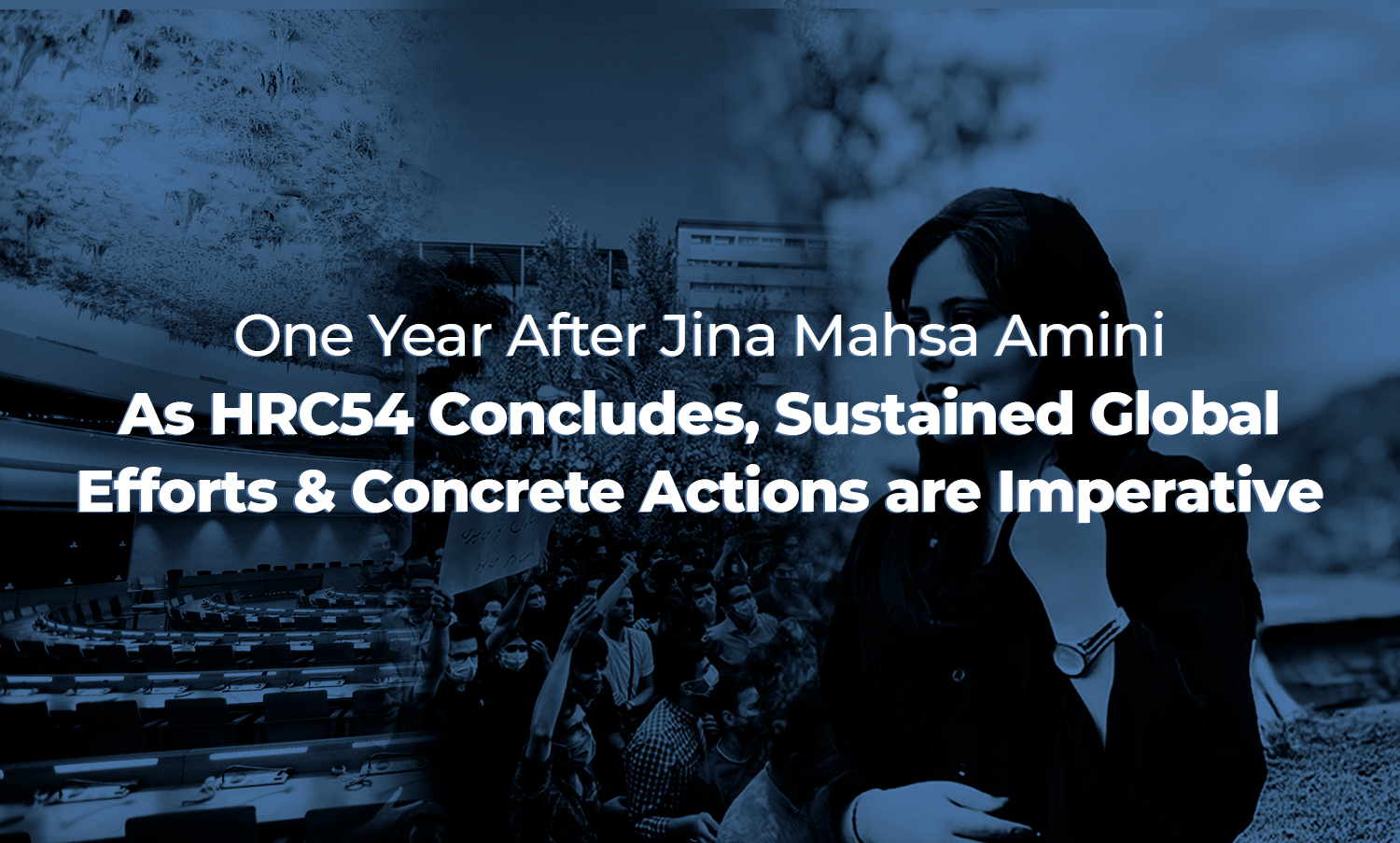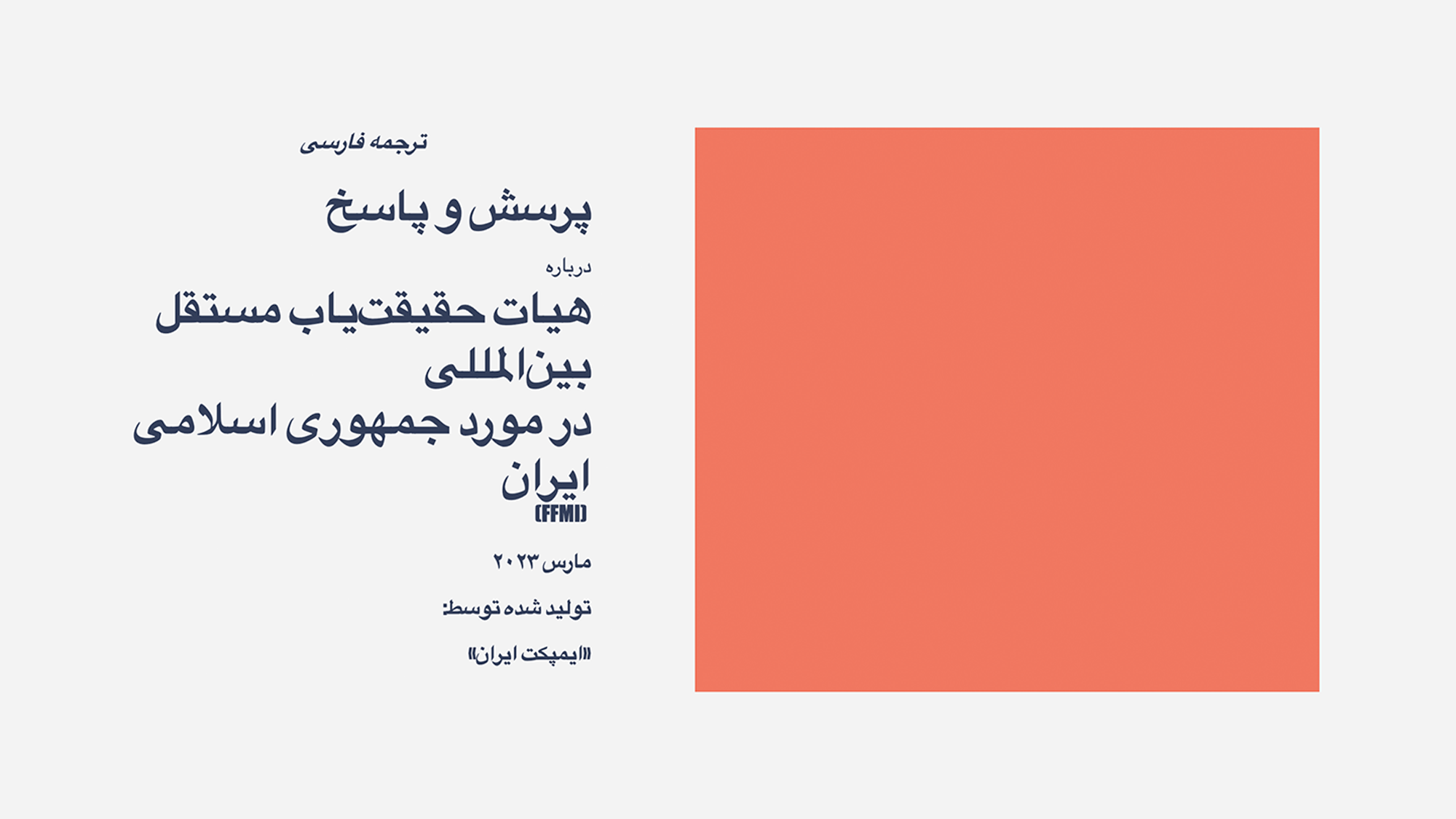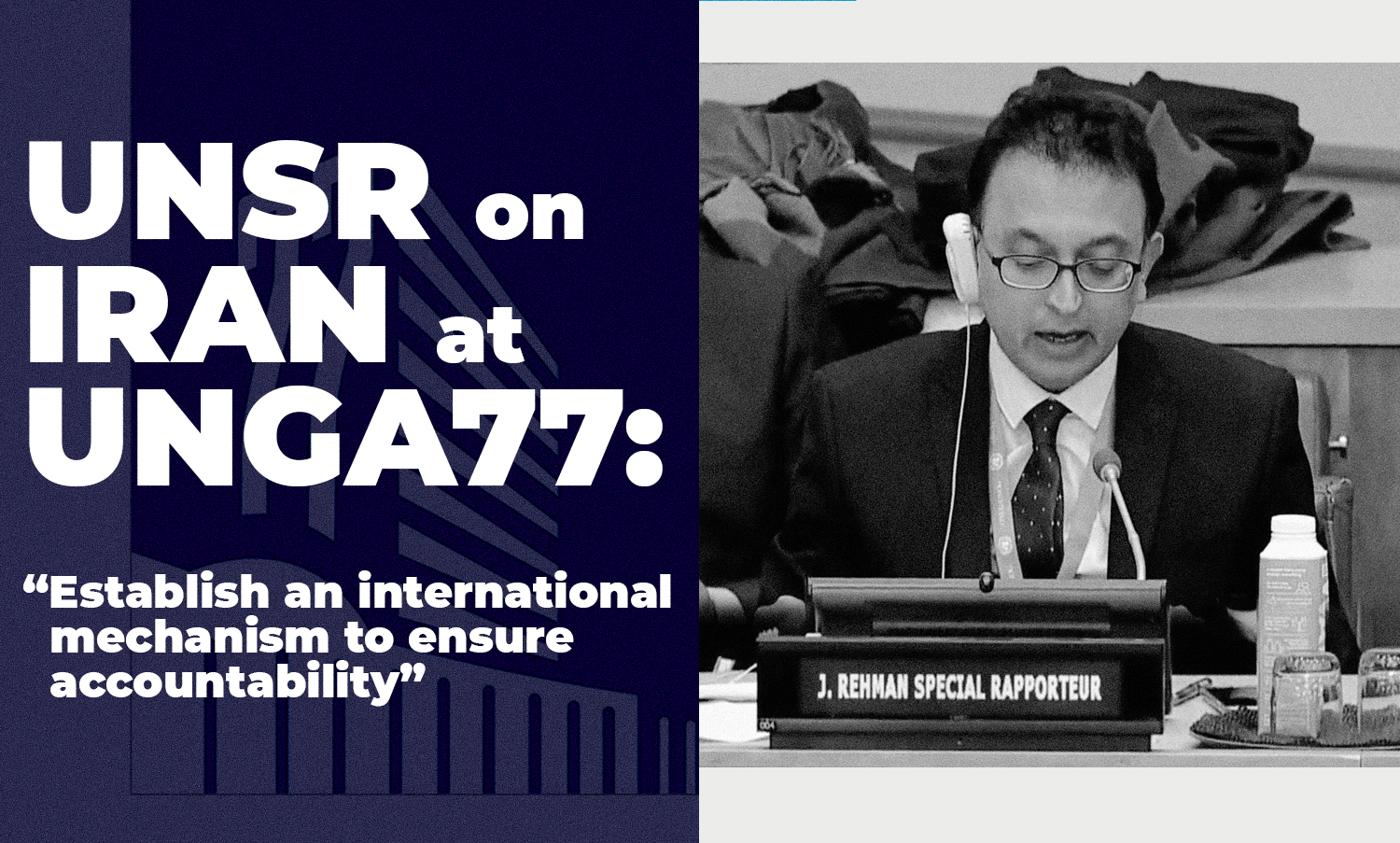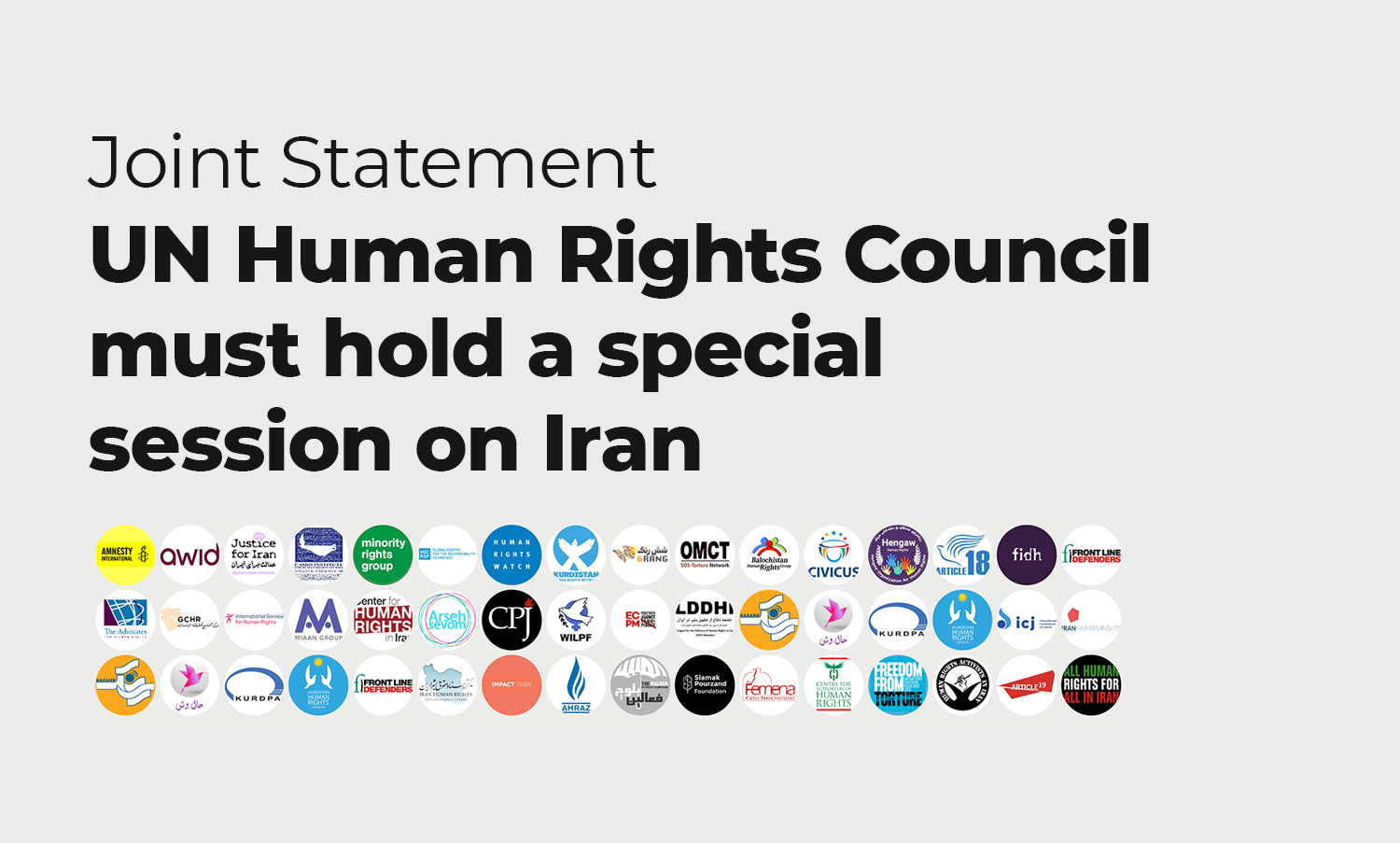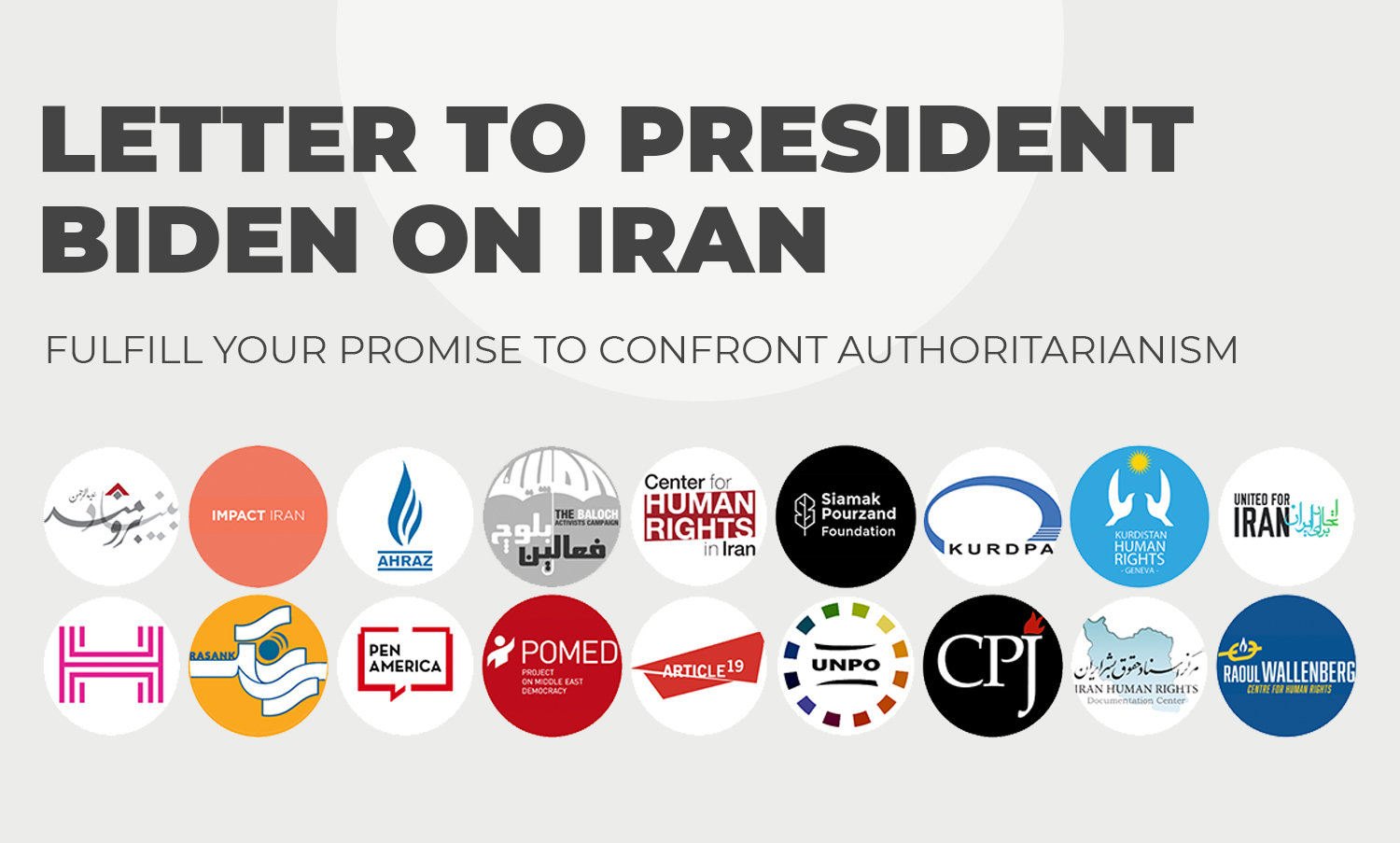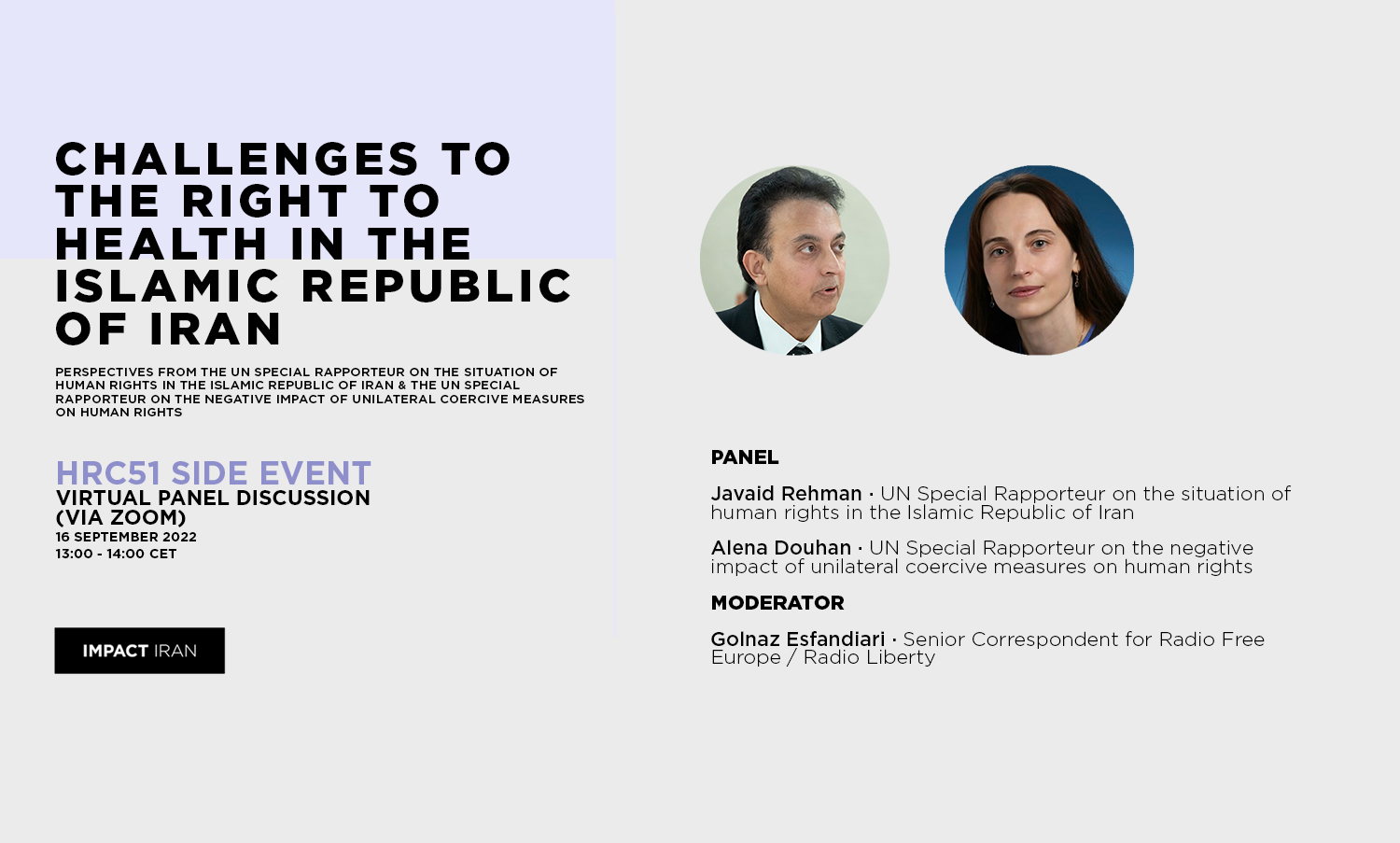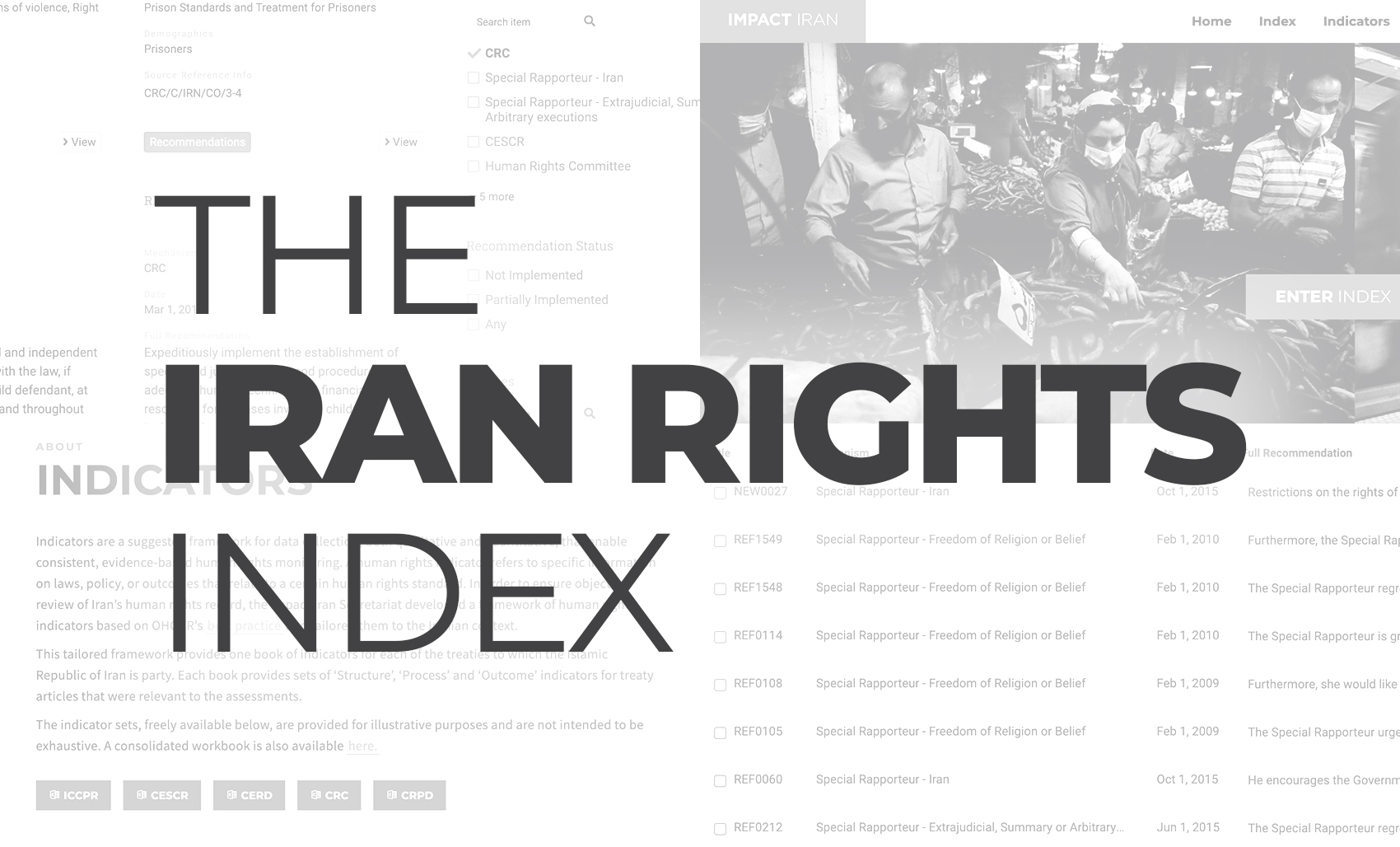“Prisoners of conscience at risk of dying after prolonged hunger strike”
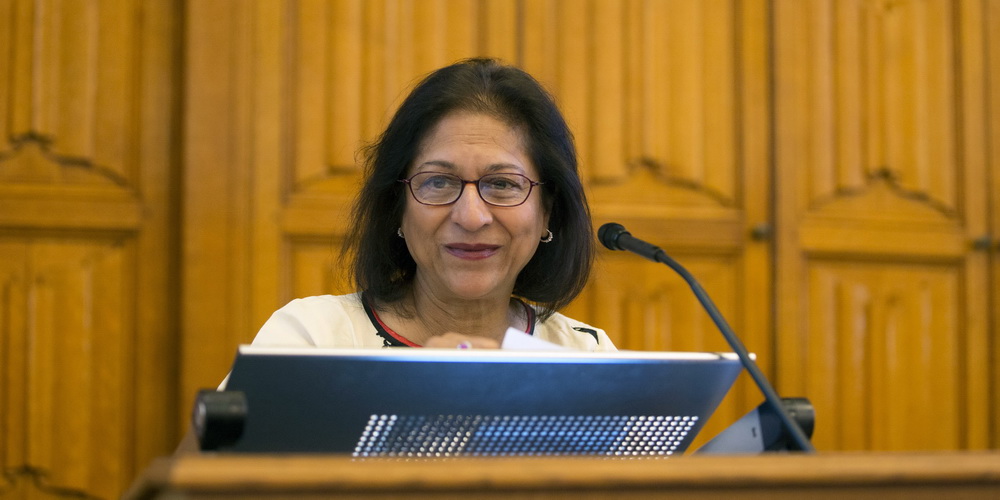
GENEVA ( 9 January 2017) – The United Nations Special Rapporteur on the human rights situation in Iran, Ms. Asma Jahangir, today raised alarm over the critical health situation of several prisoners of conscience on prolonged hunger strike in the country.
In recent weeks, at least eight prisoners of conscience have been on life threatening hunger strike in Iran to contest the legality of their detention. Among them are Mr. Saeed Shirzad, Mr. Ali Shariati, Mr. Mohammad Reza Nekounam, Mr. Hassan Rastegari Majd, Mr. Mehdi Koukhian, Mr. Nizar Zakka, and Mr. Mohammed Ali Taheri.
Another prisoner, Mr. Arash Sadeghi, ended last week the hunger strike he had started on 24 October 2016, after his wife -Ms. Golrokh Ebrahimi Iraee- was released on bail.
“Both Mr. Sadeghi and Ms. Ebrahimi Iraee are human rights defenders who have been imprisoned for peacefully exercising their rights to freedom of expression and association,” the expert said
The Special Rapporteur noted that, despite his critical health condition, Mr. Sadeghi is being denied transfer to specialized medical facilities and is reportedly kept in his cell.
“I call on the Iranian authorities to ensure that Mr. Arash Sadeghi has access, as a matter of utmost priority, to specialized health care in a hospital outside prison, in compliance with international human rights standards and medical ethics in particular the principles of informed consent,” she said.
“I am deeply concerned about the continuous detention of human rights defenders in Iran, who have been tried on the basis of vaguely defined offences and heavily sentenced following trials marred with due process violations,” Ms. Jahangir said. “They are left with no other option but to put their life at risk to contest the legality of their detention.”
The UN expert pointed out that such a situation persists just a few days after President Rouhani signed the Citizen Rights Charter, which enshrines the right to life, to freedom of opinion, expression and assembly in Iran.
“I urge the Iranian Government to immediately and unconditionally release all those who have been arbitrarily arrested, detained and prosecuted for exercising their rights to freedom of opinion and expression and for peacefully promoting human rights observance in the country,” she stressed.
The hunger strikers
The UN expert has received information about the critical health situation currently faced by Ali Shariati, who has been on hunger strike since 31 October 2016. Mr. Shariati is serving a five-year prison sentence imposed on him for his peaceful activism, including his participation in a non-violent protest to condemn acid attacks against women in Iran.
Fears have also been expressed for children’s rights activist Saeed Shirzad, who was sentenced to five years in prison in 2015, and began a hunger strike on 7 December 2016, and for Mohammed Ali Taheri, who started a hunger strike on 28 September and whose whereabouts have been unknown since his reported transfer to Baghiatollah Military Hospital in October.
The UN expert also drew attention to the situation of Hassan Rastegari Majd, who is reported to be held in solitary confinement in retaliation for his prolonged hunger strike.
Ms. Jahangir’s call has been endorsed by the Special Rapporteur on the situation of human rights defenders, Mr. Michel Forst; and the Chair-Rapporteur of the UN Working Group on Arbitrary Detention, Mr. Roland Adjovi.
